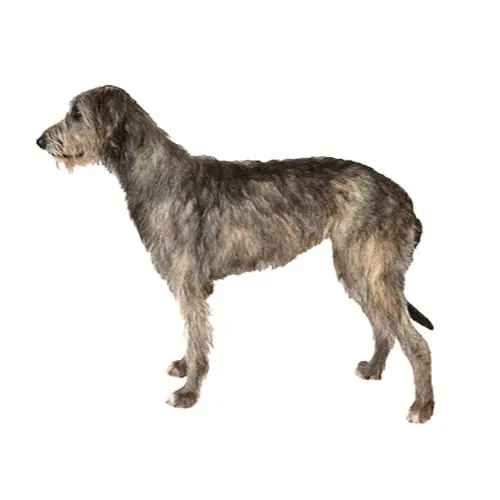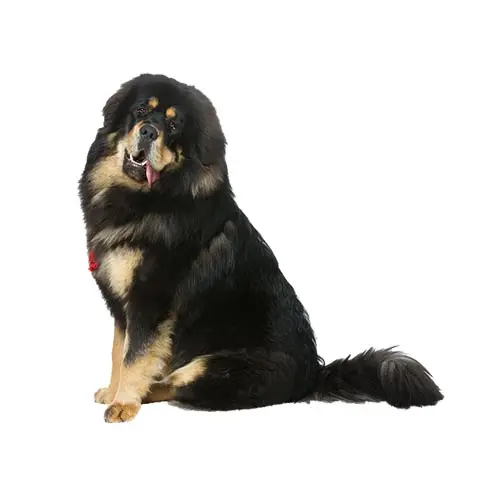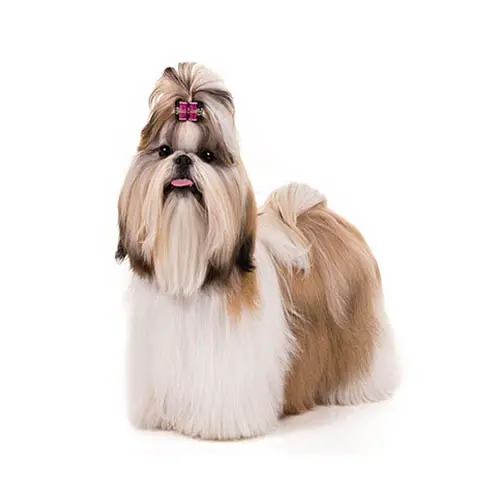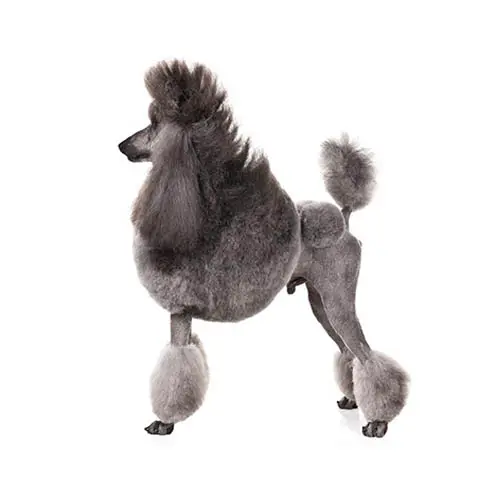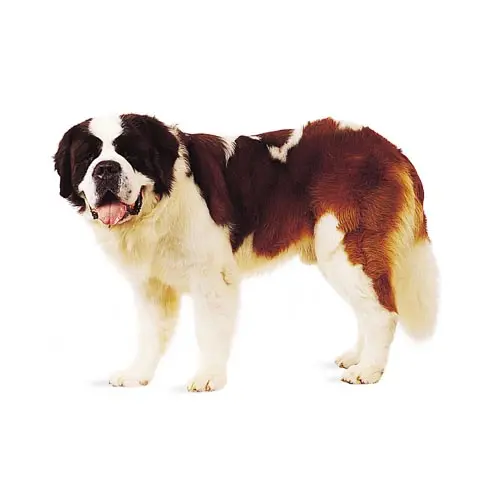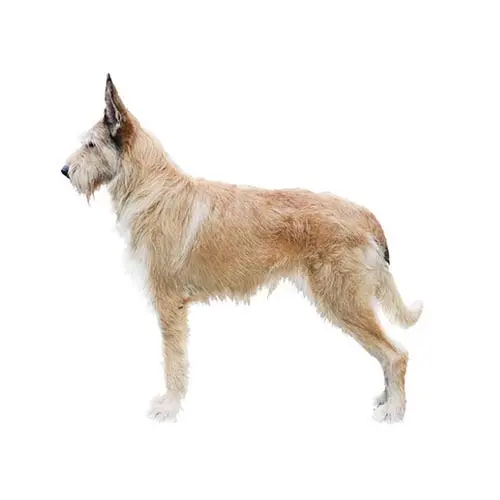x
Home
Shop By Brands
Blog
Dog Food
Starter & Puppy Food
Adult Dog Food
Pure Breed Food
Dog Wet Food
Prescription Diet Food
Dog Supplement
All Supplements
Liver / Kidney / Cardiac Care
Dewormer
Digestive / Neurologic
Tick & Flea Solutions
Multi Vitamin & Calcium
Joint / Immunity Care
Coat & Skin Supplements
Dog Grooming
Shampoos & Conditioners
Ear & Eye Care
Dog Brushes
Dog Combs
Dog Groomimg Tools
Dry Bathing
Dog Deodorizers
Bath Accessories
Dog Muzzles
Oral-Care
Dog Treats
All Dog Treats
Dog Treats Combo
Biscuits
Chew Bones
Dog Toys
Squeaky & TPR Toys
Dog Rope Toys
Chew Toys
Interactive Toys
Dog Plush Toys
Collars & Leashes
Collars
Dog Chains
Dog Harness
Dog Leashes
Elizabeth Collar (Surgical Collar)
Collar & Leash Set
Harness & Leash Set
Bowls & Feeders
Plastic Bowls
Dog Steel Bowls
Water Feeder
Dog Cleaning
Dog Diapers
Waste Management
Training Pads
Dog Wipes
Dog Apparel
Rain Coat
Dog Footwear
Bows, Tie, Bandanas
T-shirts & Shirts
Name Tag & Pendant
Winter Collection
Dog Beds
Cooling Mat
All Bed
Cages & Carrying Bags
Dog Cages
Carrying Bags
Bowls / Feeders
Steel Bowl
Plastic Bowl
Water Feeders
Cat Food
All Cat Dry Foods
Cat Wet Food
Cat Prescription - Diet
Cat Bedding
Cat Bed
Cat Treats
Cat Creamy Treats
Cat Crunchy Treats
Cat Grooming
Cat Shampoo
Cat Grooming Tools
Cat Tick & Flea Care
Cat Supplement
All Cat Supplements
Cat Deworming
Coat & Skin Care
Cat Toys & Accessories
All Cat Toys & Accessories
Cat Collar & Harnesses
Carriers & Travel Supplies
Bird Food
Bird Hand- Feeding
Bird Pellets Food
Bird Seeds
Bird Supplements
All Bird Supplements
Bird Toys & Accessories
Feeding Syringe & Needle
Pigeon Supplements
All Pigeon Supplements
Small Pets Food
All Small Pets Food
Small Pets Toys & Accessories
All Small Pets Toys & Accessories
Small Pet Supplements
Small Pets Supplements

 0
0 
Helpline (10AM to 8PM): +91 9073979774
Email: info@petindiaonline.com
Email: info@petindiaonline.com

